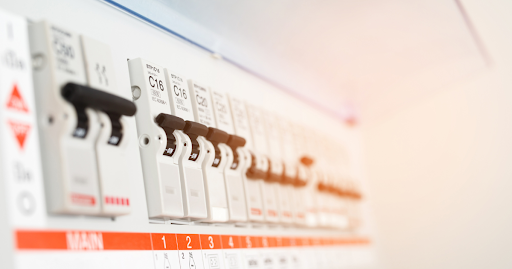Electricity is an indispensable part of modern living, powering everything from lights to appliances. For landlords and tenants alike, ensuring electrical safety in rental properties is not just about convenience but also about preventing hazards that can endanger lives and property. This guide aims to provide a comprehensive overview of how landlords can ensure electrical safety, including obtaining an EICR Certificate, fostering a secure living environment for their tenants.
Understanding Electrical Safety Regulations
Before delving into practical steps, it’s crucial to understand the legal and regulatory framework governing electrical safety in rental properties. In many countries, including the United States and the United Kingdom, landlords are legally obligated to maintain electrical installations and ensure they are safe for use.
Know Your Responsibilities
Landlords typically have responsibilities such as:
- Conducting periodic electrical safety inspections by qualified electricians.
- Ensuring all electrical installations and appliances provided are safe and in good working order.
- Providing tenants with relevant safety information.
Conducting Electrical Safety Inspections
Regular inspections are the cornerstone of electrical safety in rental properties. These inspections serve to identify potential hazards before they escalate into safety issues.
Schedule Professional Inspections
Engage a qualified electrician to conduct thorough inspections at least every five years or as required by local regulations. This inspection should cover:
- Checking the condition of wiring, sockets, switches, and fuse boxes.
- Testing residual current devices (RCDs) for functionality.
- Verifying the safety of appliances provided by the landlord.
Maintaining Electrical Installations
Preventive maintenance plays a crucial role in ensuring electrical safety over the long term.
Promptly Address Electrical Issues
Respond promptly to tenant reports of electrical problems such as:
- Flickering lights
- Sudden power outages
- Tripping circuit breakers
These issues could indicate underlying problems that, if left unchecked, might pose safety risks.
Upgrade Outdated Electrical Systems
Older properties may have outdated wiring and electrical systems that do not meet current safety standards. Consider upgrading to:
- Ground fault circuit interrupters (GFCIs) in kitchens, bathrooms, and outdoor areas.
- Modern circuit breakers that trip more reliably to prevent electrical fires.
Educating Tenants on Electrical Safety
Empowering tenants with knowledge about electrical safety practices enhances overall safety in rental properties.
Provide Safety Guidelines
Offer tenants a set of guidelines covering:
- Proper use of electrical appliances.
- Reporting electrical problems promptly.
- Not overloading circuits with multiple appliances.
Emergency Procedures
Ensure tenants know what to do in case of electrical emergencies, such as power outages or electrical fires. Provide contact information for emergency electricians and outline steps for safely disconnecting power.
Installing and Maintaining Smoke Alarms
Smoke alarms are critical in alerting occupants to potential fires, including those caused by electrical faults.
Ensure Functional Alarms
Install smoke alarms in accordance with local regulations and test them regularly to ensure they are functioning correctly. Replace batteries annually and replace alarms every ten years or per manufacturer recommendations.
Conclusion
Prioritizing electrical safety in rental properties is not just a legal obligation but a moral one that contributes to tenant well-being and property preservation. By adhering to regulatory requirements, conducting regular inspections through services like those offered by London Property Inspections, promptly addressing issues, and educating tenants, landlords can create a safe living environment that reduces the risk of electrical hazards. Remember, proactive measures today can prevent serious incidents tomorrow, ensuring peace of mind for both landlords and tenants alike, If you want to stay updated with posts like this, please follow us on EROME.

















